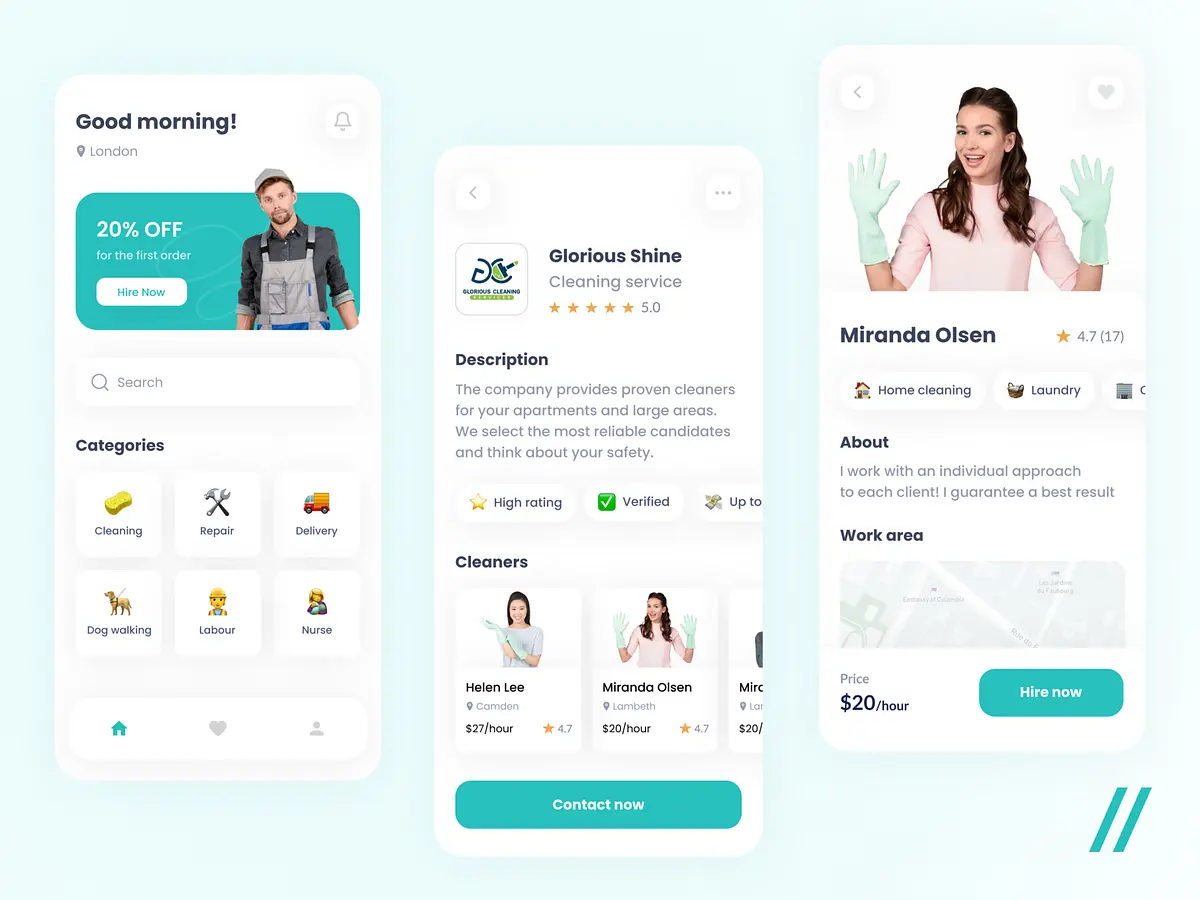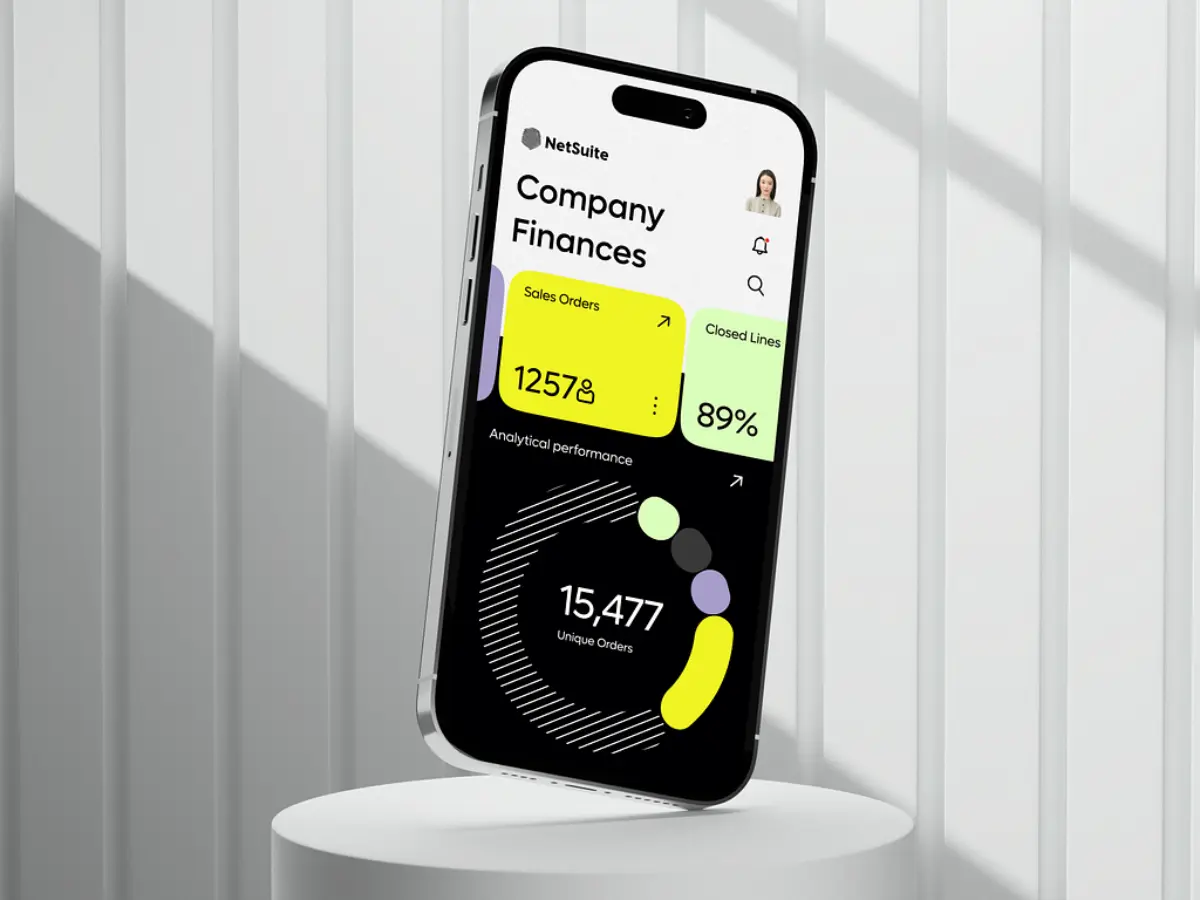10 Latest IoT Trends In 2024 That You Should Know About


The Internet of Things (IoT) connects physical objects with software, sensors, and technology to share data over the Internet. Technology advancements and the demand for real-time digital transformation data fuel its growth.
As we look to 2024 and beyond, the future of IoT is promising, with IoT trends 2025 and beyond highlighted by advances in Machine Learning, Artificial Intelligence, smart cities, and interconnected supply chains, indicating vast potential.
What’s next for IoT trends? Let’s find out.
1. Resolving IoT Supply Chain Issues in 2023
The industry addressed many supply chain problems from the COVID-19 pandemic 2023, especially in automotive chips. This prompted a global initiative to diversify semiconductor supply chains with new manufacturing sites in Asia, North America, and Europe, which are set to operationalize soon. These efforts aim to shorten semiconductor supply chains to mitigate future IoT development shortages.
2. Semiconductor Industry Dynamics
2023 experienced a downturn in certain semiconductor sectors as markets adjusted to pandemic-induced inventory surpluses. Semiconductor producers, especially in the memory sector, scaled back production to increase prices. This led to a rise in semiconductor costs by year-end. The anticipated surge in demand across all semiconductor types in 2024 is driven by reduced inventory and supply alongside growing data-centric applications.

IoT Challenges and Advances
3. Progress in Generative AI and IoT Analytics
The year marked notable advancements in generative AI, like ChatGPT, improving AI algorithms and the necessary hardware for training. Initiatives to speed up the analysis of IoT-generated data for insights are increasing, leveraging more extensive data collection from IoT devices. Deployed AI models at the network edge or within IoT devices promise enhanced application performance, with some capable of on-site learning.
Want more articles about IoT? Check this:
As the number of devices on a network increases, so does the number of entry points for potential cyber-attacks. With the rise of AI-powered cyber threats in 2024, securing devices, especially with widespread remote and distributed work environments, becomes crucial. For companies in the digital and AI era, earning and maintaining customer and employee trust is paramount. Therefore, prioritizing security and privacy in developing smart device networks and connected technologies is essential.
IoT devices enable remote patient monitoring and support doctors in diagnosis, data collection for research, and development of new treatments. With the increasing number of elderly people, virtual hospitals, where patients are monitored from home via electronic means, have become essential for adapting to demographic shifts. By 2024, the integration of generative AI with healthcare IoT devices is expected to facilitate the conversion of patient data into natural language reports and analyses. Reflecting on Internet of Things trends, the IoT healthcare market is projected to reach $150 billion this year, with an anticipated growth of $289 billion by 2028.$150 billion this year, with an anticipated growth of $289 billion by 2028.
Devices linked to the IoT are often labeled as smart, though this typically implies connectivity. However, IoT technologies are merging with systems and devices that utilize AI and machine learning for decision-making and problem-solving. Similar to human interactions, the coexistence of numerous intelligent devices, all interconnected and executing their tasks, could result in conflicts. Therefore, creating protocols that allow these smart devices to interact harmoniously and exchange data securely will be an essential focus for the industry in 2024.

IoT Industry Trends
In 2024, generative AI, particularly large language models, will become a standard feature in wearable technology. Smartwatches and fitness trackers enhanced with this technology will serve as personal assistants or fitness coaches. This advancement may render traditional AI assistants such as Siri and Alexa obsolete on wearable devices.
Edge Computing processes data close to its origin instead of relying on distant servers like cloud services. This approach becomes crucial as data amounts increase, necessitating swift insight extraction for faster action and reduced costs of sending unprocessed data to the cloud.
Autonomous vehicles exemplify edge devices by using onboard cameras to detect road hazards directly, bypassing the need for cloud processing. With the advancement of 5G networks in 2024, Edge Computing will become feasible for numerous new applications. Additionally, incorporating AI will enhance the intelligence and autonomy of edge devices, prompting a surge in adoption and the development of innovative applications.
Looking for an AI & IoT Development Company?
TECHVIFY is the best option for you. Book a free consultation for an accurate time and cost estimation for your project.
IoT technology has become a staple in the retail sector, utilized for managing inventory, tracking customer movement, automated checkouts, and employing RFID for marketing. While not all efforts have been successful, with Amazon shutting some contactless stores in 2023 but introducing pay-by-palm technology, it shows ongoing experimentation with IoT in retail. Retail IoT spending is expected to surge from $28.14 billion to $177.9 billion by 2031 as retailers acknowledge the importance of smart devices in enhancing customer experiences.
Digital twins, virtual replicas of anything from small parts to entire cities or the human brain, boost research and testing by allowing for rapid, parallel experiments, significantly lowering both costs and time. IoT technology enhances these models with real-world data accuracy. For instance, a city’s digital twin might use cameras and sensors to monitor real-time movements of people and vehicles, aiding in better infrastructure planning. In 2024, expect to see digital twins in a wider range of innovative applications, largely powered by IoT.
In 2024, carmakers are turning to V2V (Vehicle-To-Vehicle) communications to reduce accidents, maintenance costs, and carbon emissions. This technology allows cars to share vital information like location, speed, direction, and potential hazards with nearby vehicles, optimizing driving to decrease wear and tear, emissions, and travel time. This collective sharing is more effective for autonomous or connected vehicles than a single vehicle’s sensors. Additionally, Vehicle-to-Infrastructure (V2I) communication is gaining attention, enabling cars to interact with sensors in traffic lights and pedestrian crossings for improved road safety and efficiency.
Blockchain technology is increasingly integrated into Internet of Things (IoT) applications, enhancing data security for IoT devices and enabling reliable interactions across networks. Its suitability for IoT stems from both being inherently distributed systems. Markets and Markets projects the blockchain IoT market to expand to USD 2,409 million by 2026.
Blockchain’s decentralized nature is making significant inroads across the banking, agriculture, finance, and transportation sectors. This growth is particularly evident when blockchain is merged with technologies like the Internet of Things, demonstrating its broad applicability and potential for innovation.

IoT trends 2024
According to McKinsey, the Internet of Things (IoT) is transforming cities by using data technologies to enhance services and solve challenges, potentially reducing fatalities by 80% and crimes by 30%. Governments are leveraging IoT to implement smart solutions for public safety, energy, traffic, and sustainability, significantly improving urban management.
The future of IoT technology spans the trends mentioned and more, reaching into industries such as retail and indoor navigation. It’s crucial to understand that IoT often works best when combined with other technologies like AI, enabling businesses to drive innovation and stay competitive. The key to leveraging IoT is having a vision or idea to upgrade your business infrastructure for the future.
The IoT sector made strides in overcoming supply chain issues, advancing in generative AI, and prioritizing security. This progress across healthcare, smart cities, and various industries signifies a leap towards more intelligent, efficient systems. As IoT technologies evolve, particularly with AI integration and edge computing, the opportunities for innovation are vast.
Choosing the right IoT services partner is key for organizations aiming to leverage these trends in IoT advancements. TECHVIFY offers leading-edge IoT solutions to turn challenges into growth opportunities—partner with TECHVIFY for top-notch IoT solutions to advance your business in the digital age.
TECHVIFY – Global AI & Software Solutions Company
For MVPs and Market Leaders: TECHVIFY prioritizes results, not just deliverables. Reduce time to market & see ROI early with high-performing Teams & Software Solutions.


Table of ContentsI. A Review of 2023 IoT Challenges and Advances II. Exploring Top IoT Industry Trends in 2024 IoT Security and Privacy IoT in Healthcare AI-Augmented IoT (AIoT) Integration Future Trends of IoT: Generative AI in Wearables Edge Computing and its Integration with AI and 5G Retail IoT IoT and Digital Twins Vehicle-To-Vehicle (V2V) Communications Blockchain Intergration Smart City III. How about beyond 2024? Conclusion Technological advancements are paving new paths for companies across different sectors, and the logistics industry is no exception. According to a survey by Gartner, 87% of supply chain professionals plan to invest in enhancing the resilience of their platforms. Logistics encompasses a broad and complex array…
26 July, 2024

Table of ContentsI. A Review of 2023 IoT Challenges and Advances II. Exploring Top IoT Industry Trends in 2024 IoT Security and Privacy IoT in Healthcare AI-Augmented IoT (AIoT) Integration Future Trends of IoT: Generative AI in Wearables Edge Computing and its Integration with AI and 5G Retail IoT IoT and Digital Twins Vehicle-To-Vehicle (V2V) Communications Blockchain Intergration Smart City III. How about beyond 2024? Conclusion The technology sector is advancing at an unprecedented pace, and the HR landscape is evolving right alongside it. To attract top talent, HR professionals and organizations need to stay ahead of emerging technology hiring trends. This year, we are witnessing significant shifts in hiring practices that…
25 July, 2024

Table of ContentsI. A Review of 2023 IoT Challenges and Advances II. Exploring Top IoT Industry Trends in 2024 IoT Security and Privacy IoT in Healthcare AI-Augmented IoT (AIoT) Integration Future Trends of IoT: Generative AI in Wearables Edge Computing and its Integration with AI and 5G Retail IoT IoT and Digital Twins Vehicle-To-Vehicle (V2V) Communications Blockchain Intergration Smart City III. How about beyond 2024? Conclusion Customized software plays a major role in managing various tasks within the telecom industry. It is essential for allocating numbers to subscribers and managing networks through optimized and AI-enabled routing protocols. Additionally, it aids in detecting fraud with intelligent telecom software development solutions and maintaining detailed…
24 July, 2024


Thank you for your interest in TECHVIFY Software.
Speed-up your projects with high skilled software engineers and developers.
By clicking the Submit button, I confirm that I have read and agree to our Privacy Policy